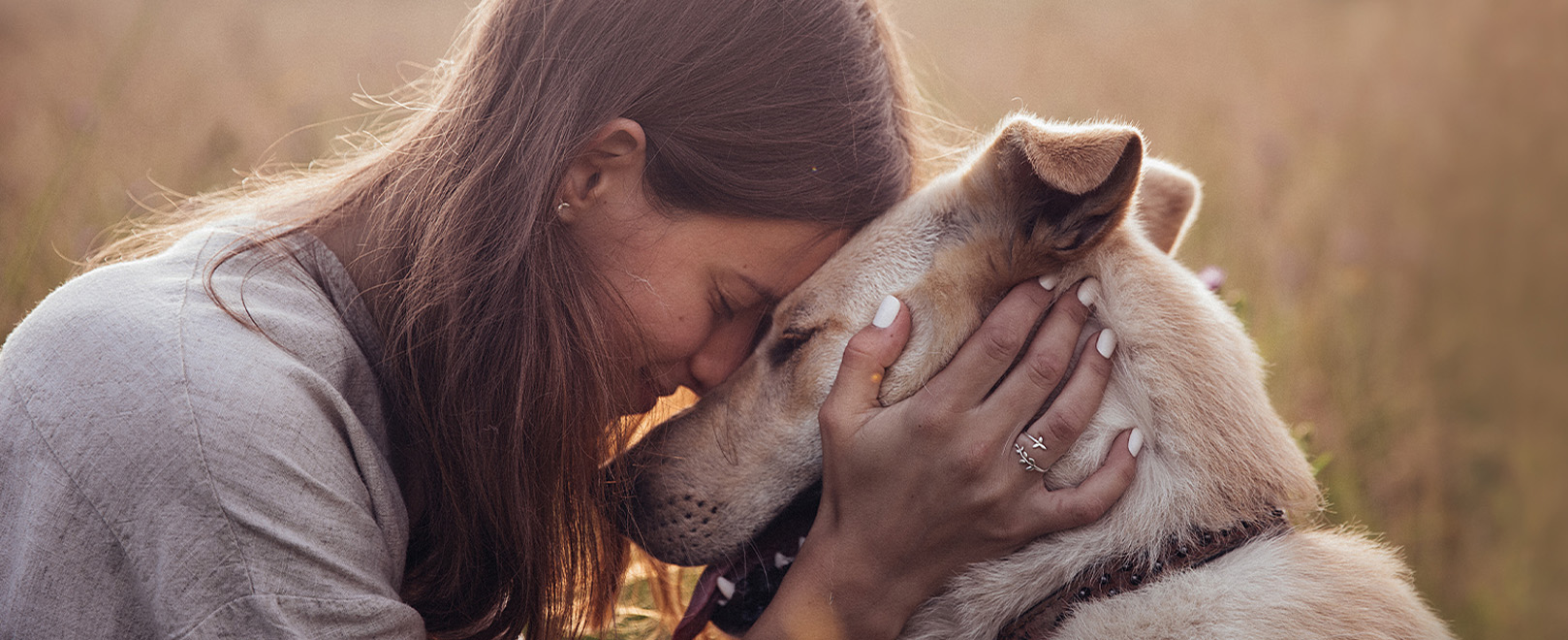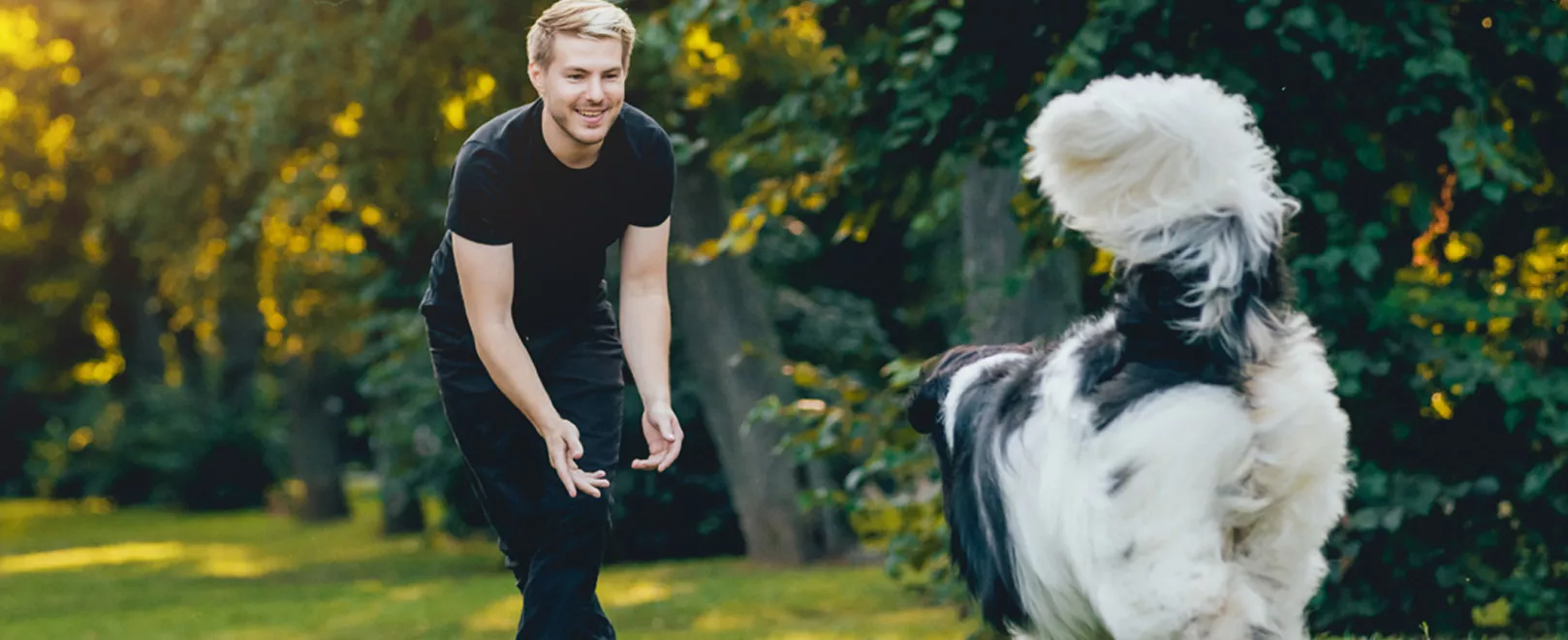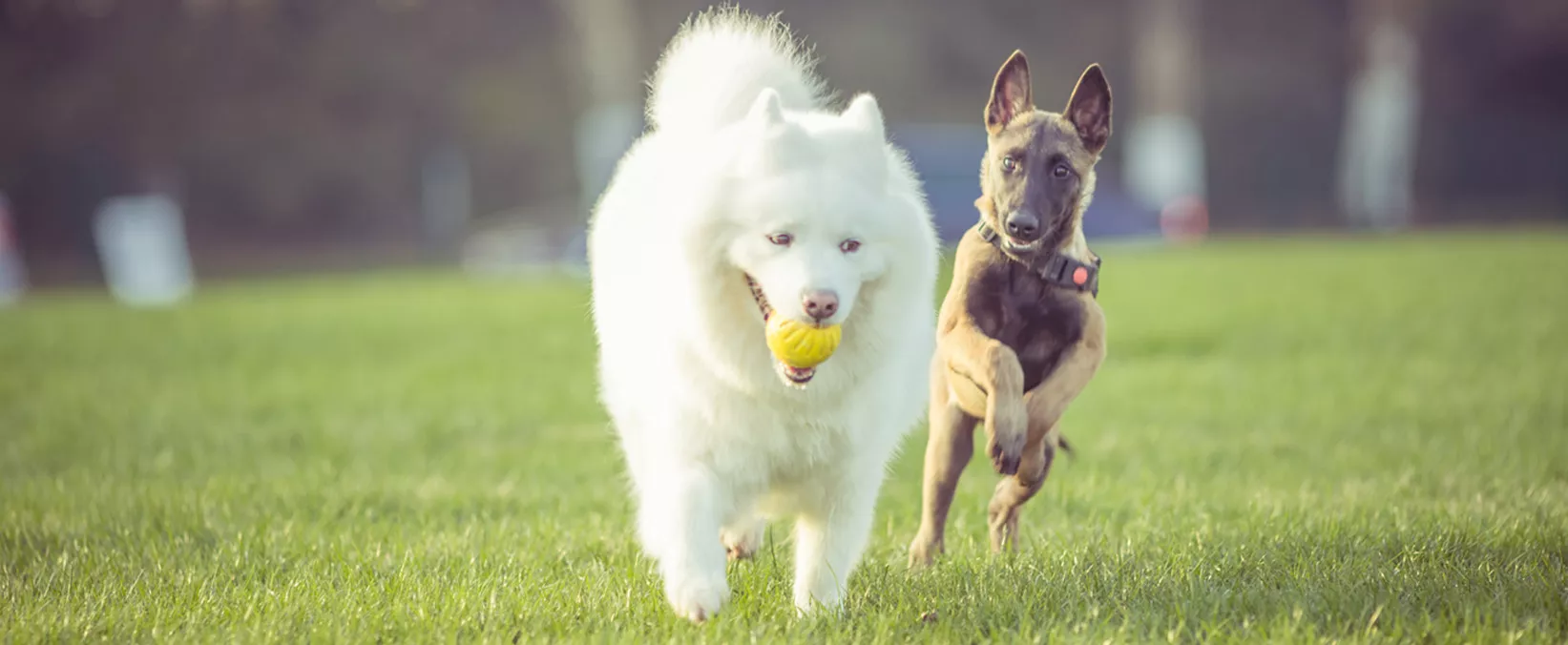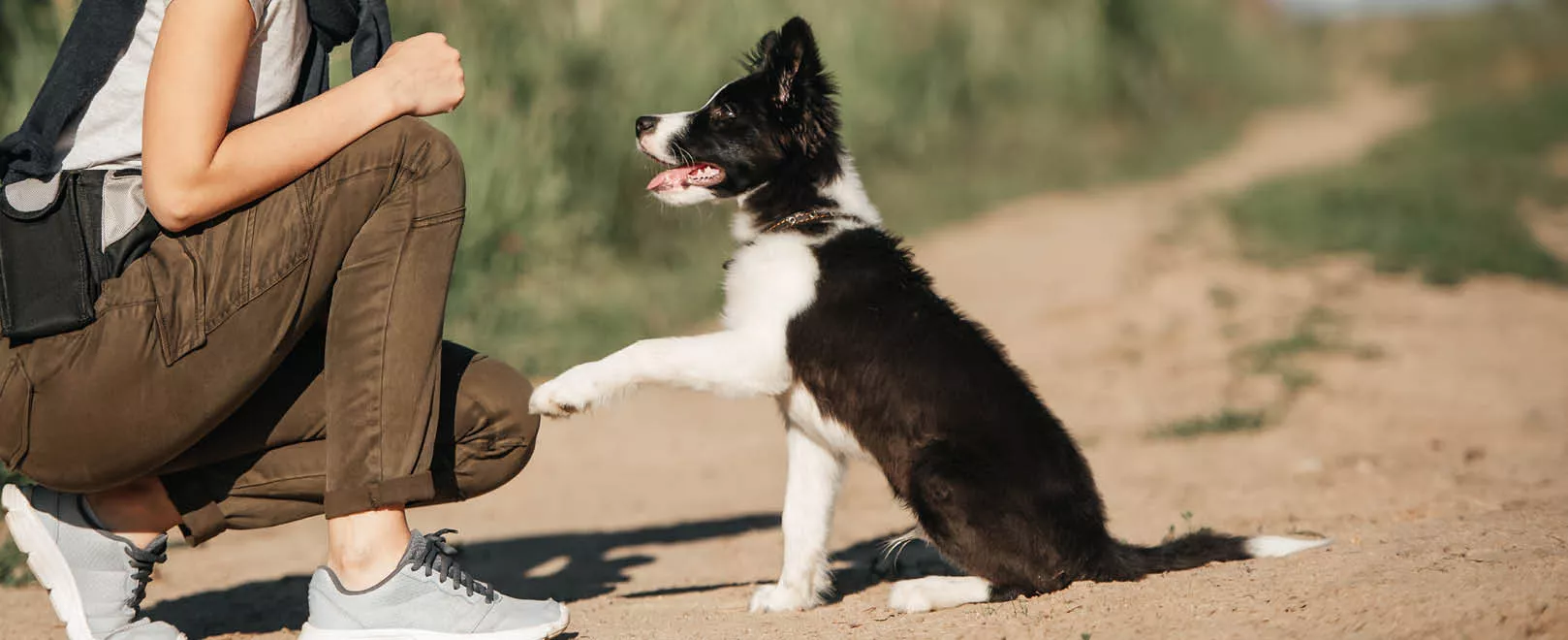- Blog
- Me and my dog

Me and my dog...
When it comes to your dog, every dog owner has one thing in common: The health and well-being of the four-legged friend rank first and are being encouraged and supported wherever possible. To ensure an optimal cohabitation between human and animal it is therefore important to cater to the pets needs and behaviors to the best of our knowledge. This advisor offers valuable information as well as useful tips and tricks around the world of dogs.
Healthy pet nutrition: How to recognise high-quality dog and cat food
In this article, you will learn what is important for species-appropriate pet nutrition, how to recognise high-quality food and what mistakes to avoid.
Holidays with dogs and cats: A comprehensive guide to stress-free travel
A holiday with your dog or a trip with your beloved cat can be really enjoyable, as long as you are properly prepared. But what exactly do you need to consider when going on holiday with your pet? How do you find pet-friendly accommodation and which destinations are best suited? Here you will find everything you need to know for a relaxing holiday with your dog or cat.
Stop your dog from biting - 6 pro tips for puppies & adults
Recall training - 5 effective methods that really work
How much exercise does my dog need - 5 tips for fun, games and fitness
Relieving separation anxiety in dogs - these 5 tips will help combat panic
Does your dog panic as soon as you leave the house? He's not alone: separation anxiety is not uncommon in dogs and often manifests itself in destructive behavior. But what can you do to help your four-legged friend? Here are 5 proven methods to relieve your dog's anxiety.
What is separation anxiety in dogs?
Separation anxiety is a serious behavioral problem in which a dog shows excessive anxiety and stress as soon as it is separated from its caregiver. It sometimes manifests itself with extreme anxiety as soon as you reach for your jacket or keys.
Typical symptoms of separation anxiety in dogs
- Destructive behavior towards furniture, doors or windows
- Persistent barking, howling or whining
- Urination, even in otherwise reliably house-trained dogs
- Self-injurious behavior such as excessive licking or biting
- Attempts to escape from the home
- Sudden changes in your daily routine, for example when you go back to work for several hours after a long time at home
- Changes in family life, such as moving house, a new pet, a family member moving out, etc.
- Traumatic experiences or previous experiences of loss
- Lack of acclimatization to being alone during puppyhood
- Excessive attention and lack of independence
Dogs are creatures of habit and any major change can trigger stress. Four-legged friends who have simply never been taught to stay alone are particularly susceptible.
How does separation anxiety differ from other behavioral and health problems?
The destructive behavior, urination, howling and extreme restlessness can of course also have other causes, such as:
- Boredom and lack of exercise
- Age-related cognitive disorders
- Urinary tract infections or bladder weakness
- Digestive disorders
- Parasites or other illnesses
- Incomplete house-training or marking behavior
Therefore, if you suspect separation anxiety, it is important that you first consult yourvet and tell them about the problem. This will ensure that you do not misjudge the symptoms. However, if it really is separation anxiety, you can counteract it with behavioral training.
Stop your dog from barking: 5 effective tips that really work
The best dog snacks for rewards & training - which treat is suitable when?
While small, soft treats are ideal for trick training because they are eaten quickly, a chew can help to keep a dog occupied or calm it down after training. But what dog snacks are there and when should you use which type of treat?










